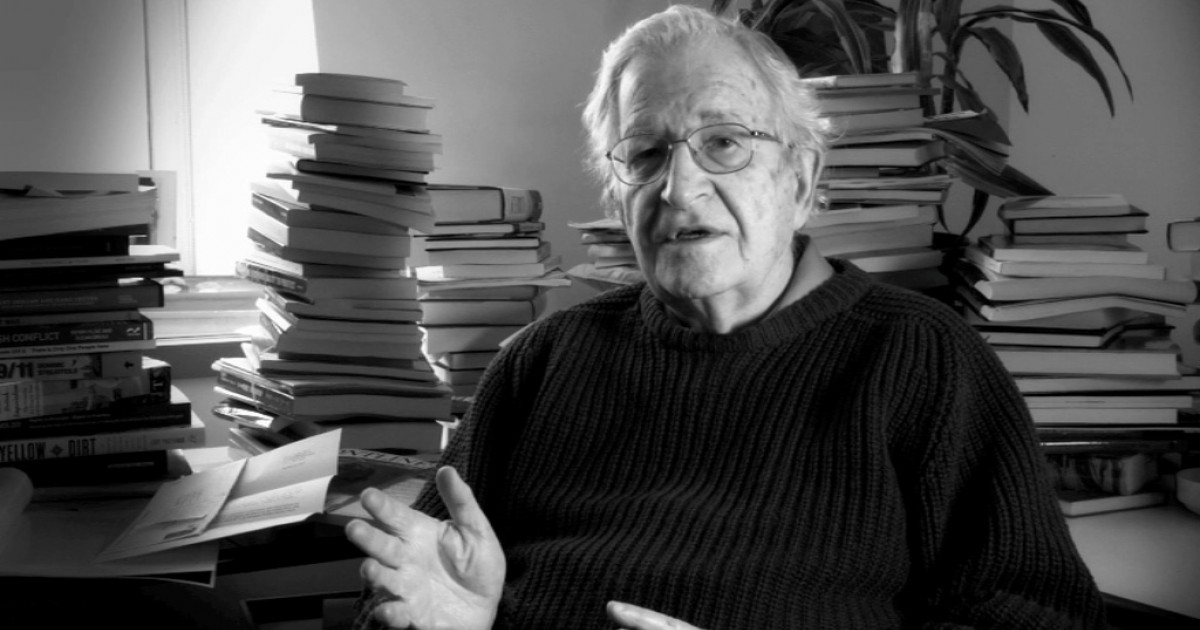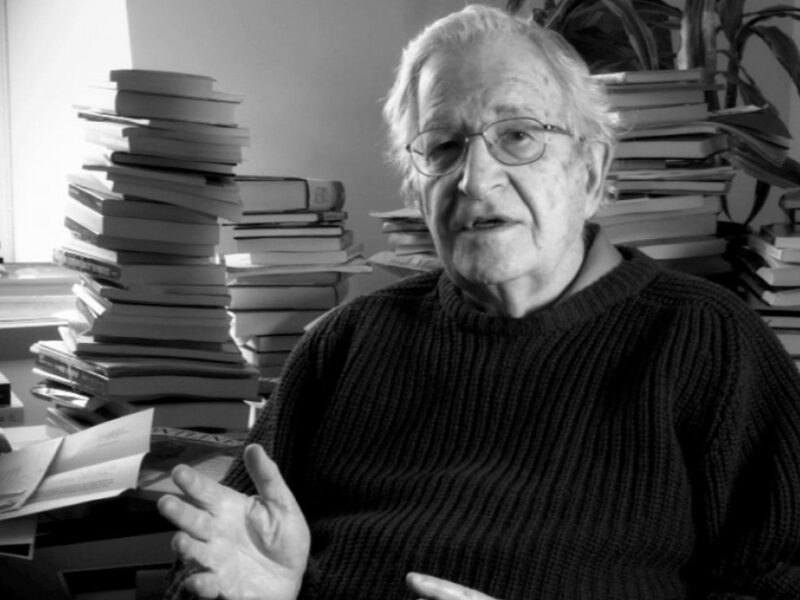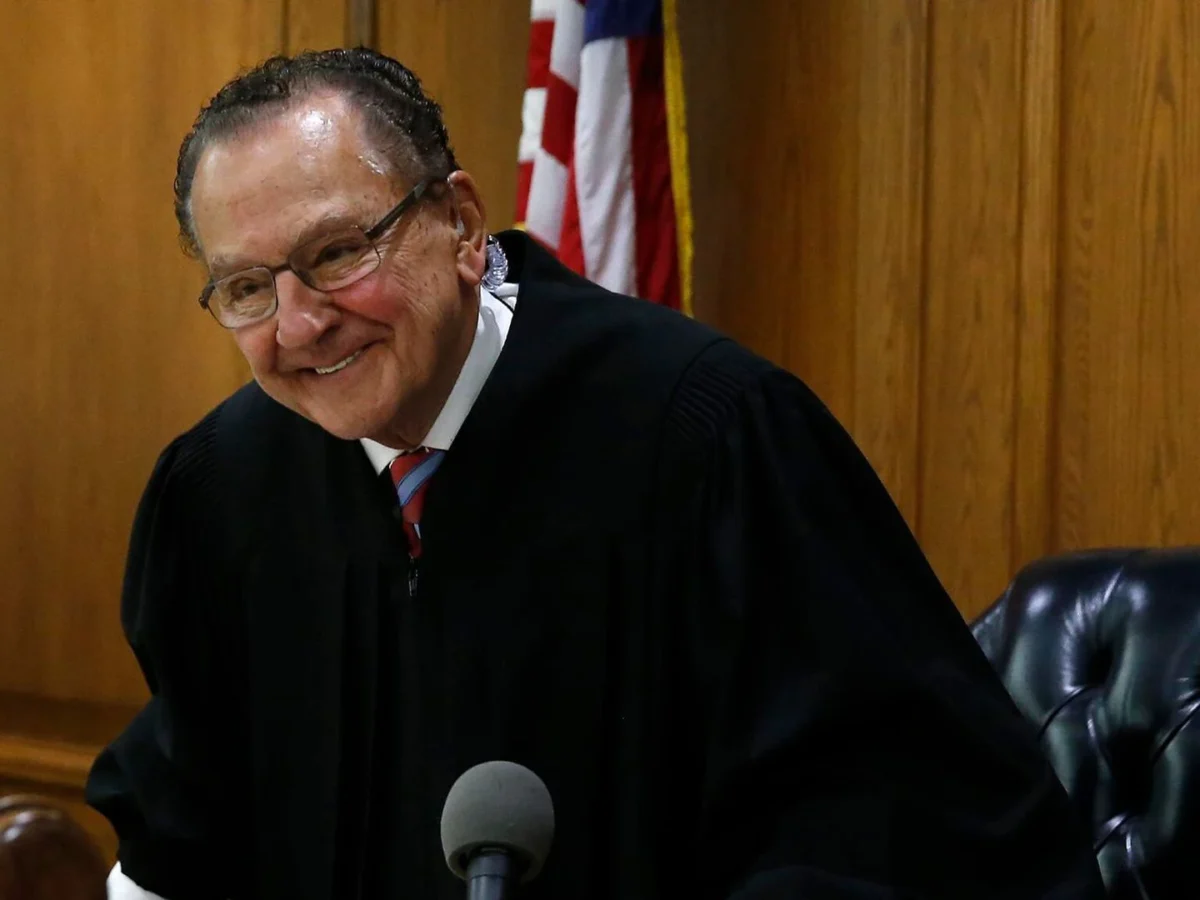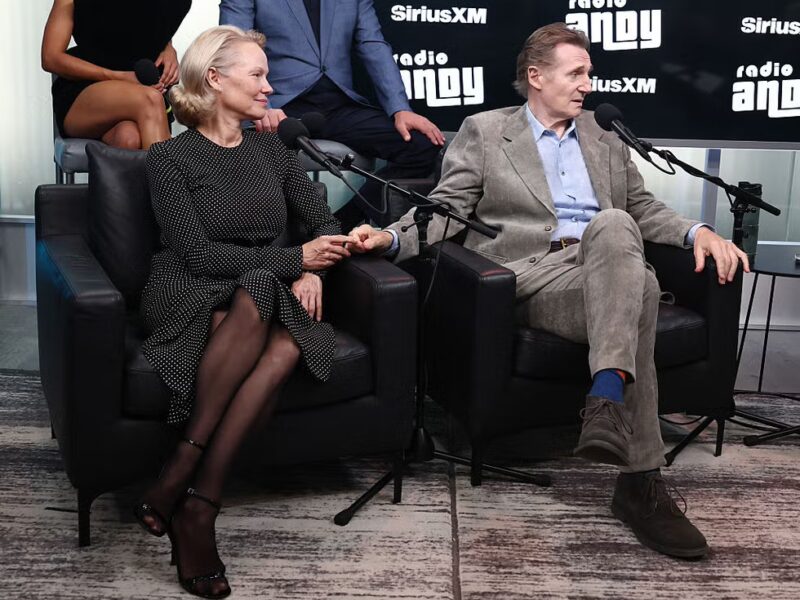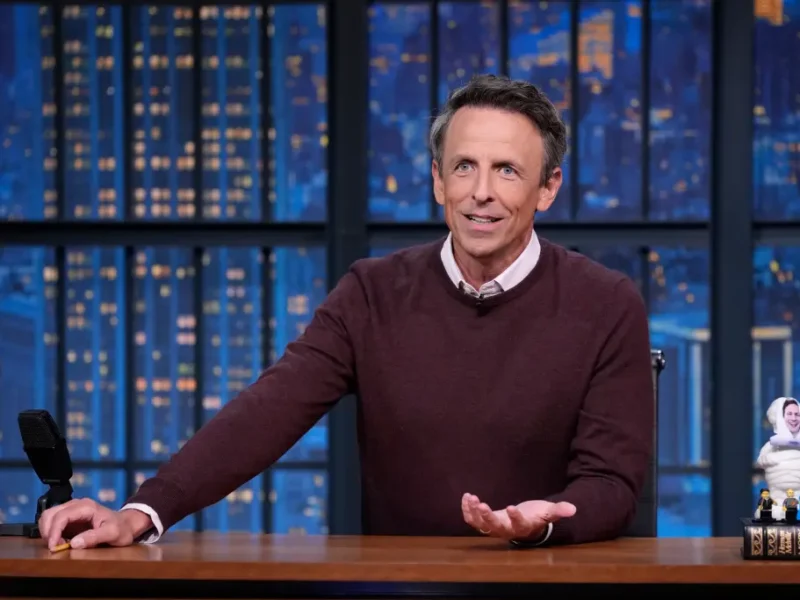A deepening look at the newly released Epstein files
The latest tranche of documents from the Epstein files has reignited global scrutiny around the late financier’s network, revealing fresh details about his ties to powerful political, academic and business figures. Drawn from more than 23,000 pages of emails and communications released by the House Oversight Committee, the materials show an unexpected persistence of his influence well after his 2008 conviction.
The files, referenced by major outlets including NPR, The Guardian and The New Yorker, paint a portrait of Epstein as a connector who continued to engage with influential names in U.S. politics and academia. These communications—some mundane, others laden with political implications—now form part of a broader push for transparency under the newly approved Epstein Files Transparency Act.
What do the new Epstein files reveal about his high‑profile contacts?
The documents show Epstein was in active communication with numerous public figures across the political spectrum. According to reporting from NPR’s politics desk, messages include exchanges with former President Bill Clinton, financier and Democratic donor Reid Hoffman, and former Treasury secretary Larry Summers. Epstein also maintained rapport with Republican strategist Steve Bannon, positioning himself as a source of insight during the Trump presidency.
One of the most revealing threads involves celebrated academic Noam Chomsky, whose email correspondence with Epstein was more extensive than previously known.
In files highlighted by The Guardian, Epstein and Chomsky discussed music, intellectual interests and even possible travel plans. A letter attributed to Chomsky provided a written endorsement of Epstein, describing their exchanges as “valuable,” a detail that has raised questions about the nature and timing of their relationship. Chomsky’s spokesperson did not comment, and the philosopher himself has not spoken publicly since recovering from a stroke in Brazil.
Meanwhile, Larry Summers relinquished one of his academic roles shortly after his own emails resurfaced, reviving longstanding inquiries into his dealings with Epstein during and after his tenure at Harvard.
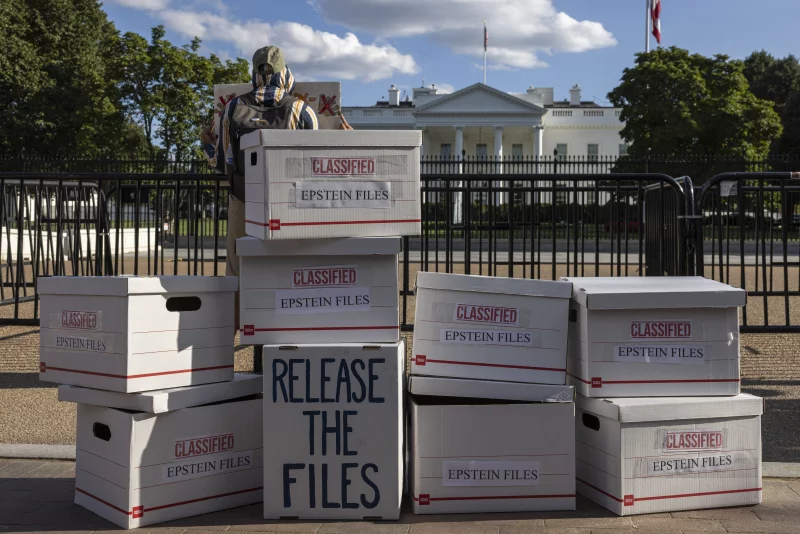
How are politicians responding to the new disclosures?
The political consequences of the files continue to mount. President Donald Trump, who once called Epstein a friend, has demanded investigations specifically into Democrats referenced in the documents. House Republicans have amplified these calls, particularly after messages revealed that Epstein texted U.S. Virgin Islands Delegate Stacey Plaskett during a 2019 congressional hearing involving Michael Cohen. Video from the hearing showed Plaskett’s questions mirroring Epstein’s private suggestions.
Plaskett defended the exchange as routine communication with a constituent, claiming she was unaware of any ongoing federal investigation into Epstein at the time.
Yet in a moment of bipartisan pressure, Trump ultimately signed the Epstein Files Transparency Act, compelling the Department of Justice to release all non‑classified records related to Epstein, Ghislaine Maxwell and associates named in the files. The Act demands publication within 30 days, intensifying the countdown toward unprecedented public access.
What does this mean for universities and cultural institutions?
Elite universities have been forced once again to revisit their historical ties to Epstein. MIT reaffirmed that it had strengthened oversight and donation processes following previous investigations into Epstein-linked funding. Harvard, facing renewed scrutiny, accepted Summers’ resignation from a teaching post after further email revelations.
These disclosures underscore how deeply Epstein embedded himself in intellectual and philanthropic circles—often leveraging donations, networking and advice-sharing to expand his influence.
The New Yorker’s reporting emphasizes yet another dimension: Epstein’s fixation on political power, particularly during the Trump presidency. The documents portray him as a self‑styled whisperer to elites, offering commentary and positioning himself as an insider.
Are more revelations expected?
With the Transparency Act now in motion, unanswered questions loom. The promise of a searchable, fully accessible database of emails, texts and investigative files has intensified anticipation. Survivors and advocacy groups insist that political agendas should not cloud efforts to identify individuals involved in or aware of Epstein’s crimes.
Meanwhile, analysts warn that the documents, though revealing, may also lack critical context. Many messages show Epstein engaging in routine conversations, while others hint at deeper relationships that remain unexplained.
What the public learns next may transform ongoing investigations—or simply deepen the mystery surrounding Epstein’s reach.
How much will the upcoming releases change the broader understanding of the Epstein network?
While the new releases already expose significant details about Epstein’s post‑conviction influence, the question remains whether these files will offer enough evidence to spark formal accountability. Experts suggest that separating Epstein’s self‑promotion from genuine influence is its own challenge.
Still, the files raise a broader inquiry: if these communications show only the surface of Epstein’s connections, what might the next wave of documents reveal about the systems that allowed him to maintain access to the world’s most powerful long after his crimes were known?
Verified FAQs About the Epstein Files


